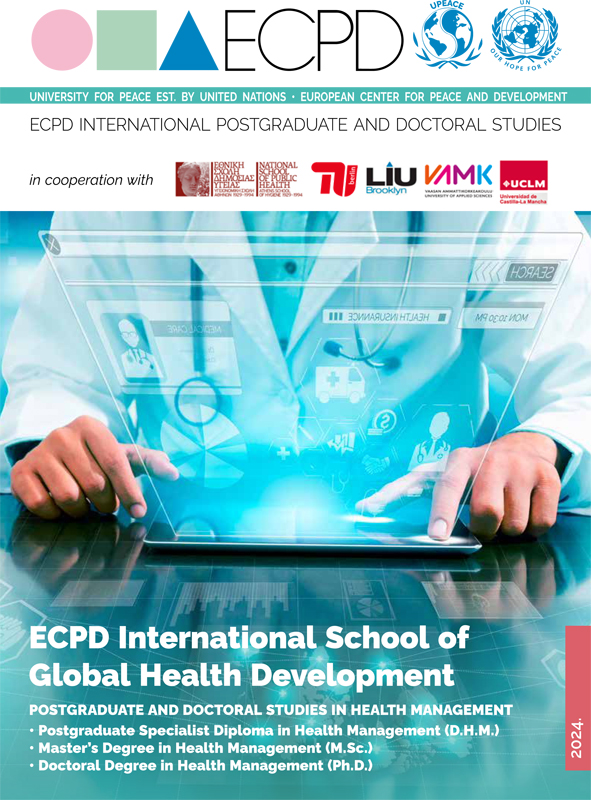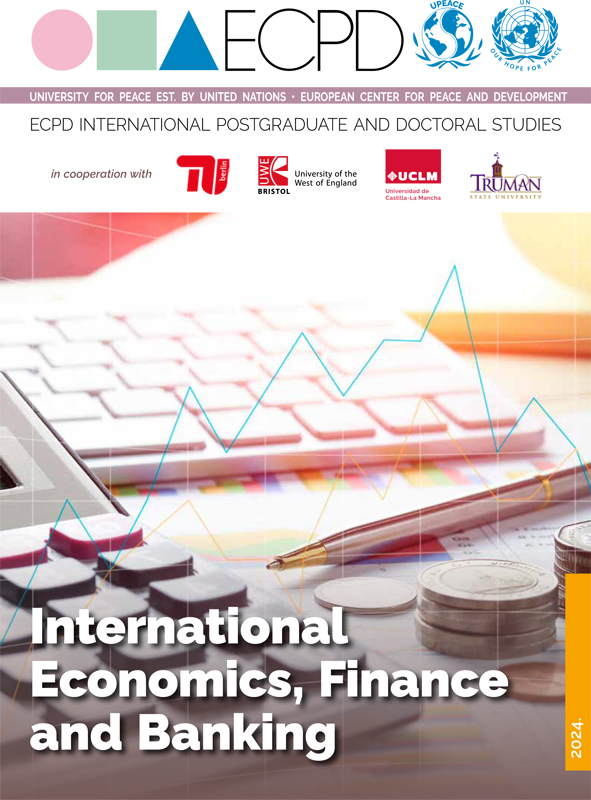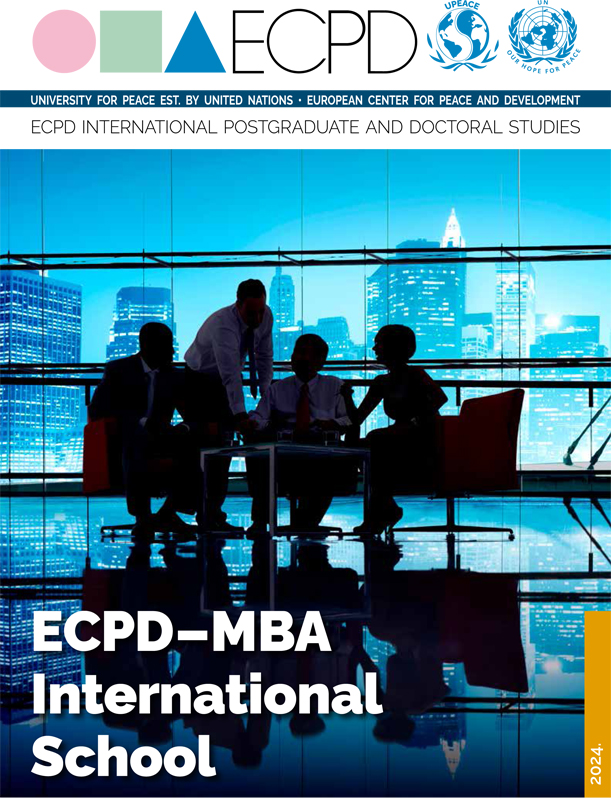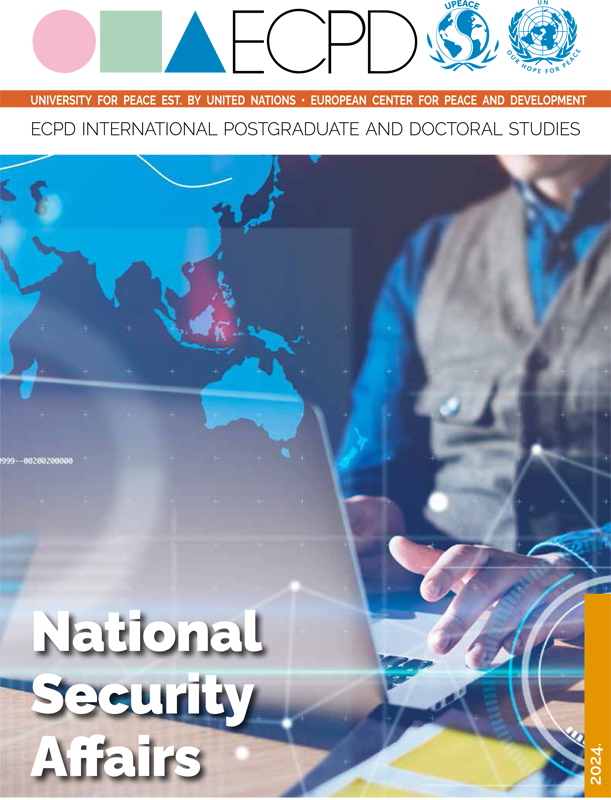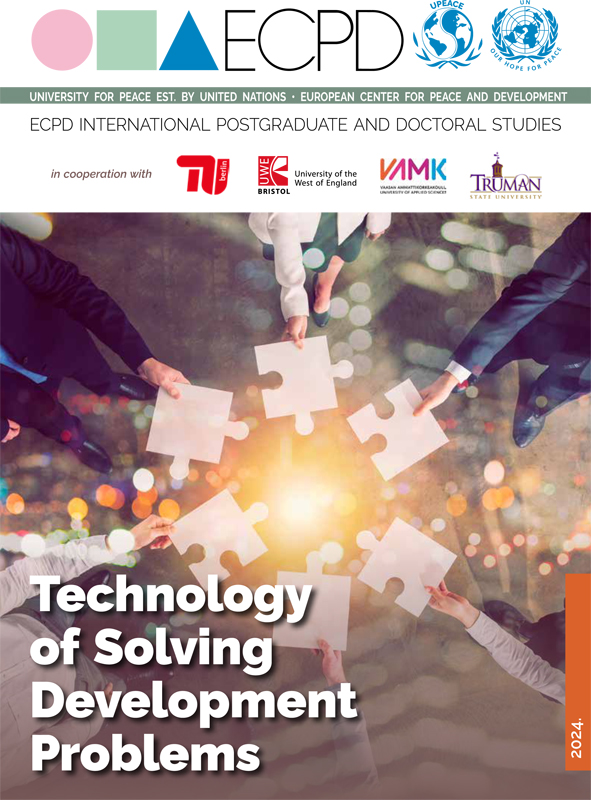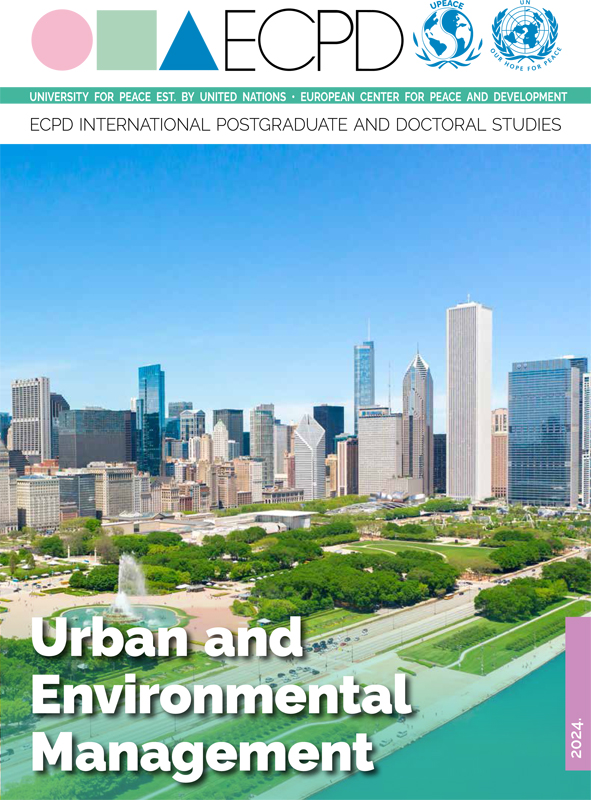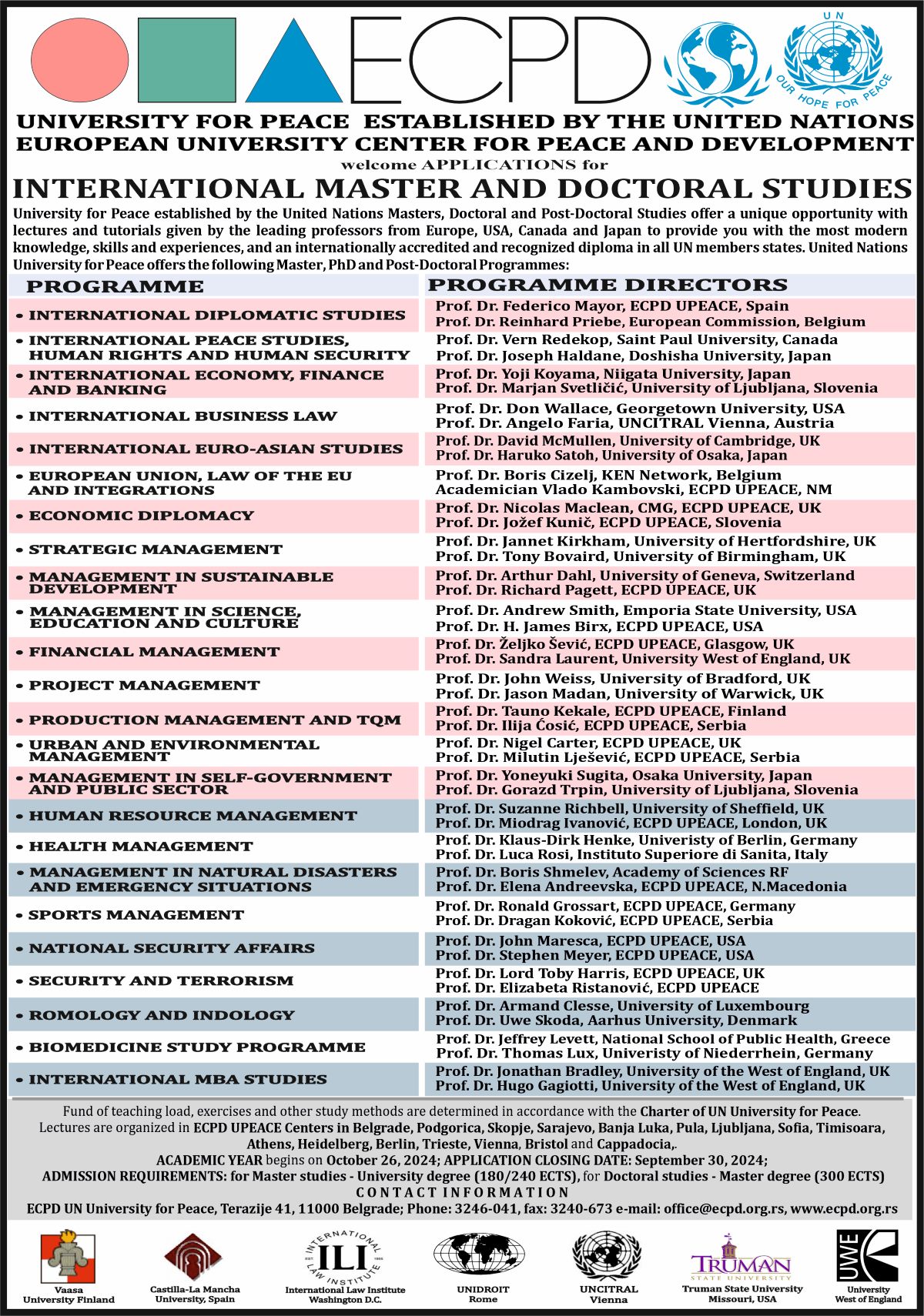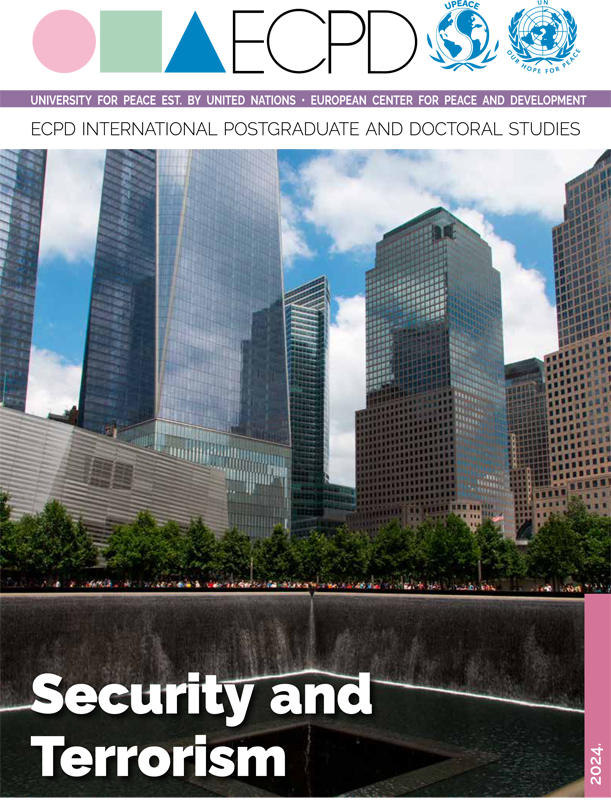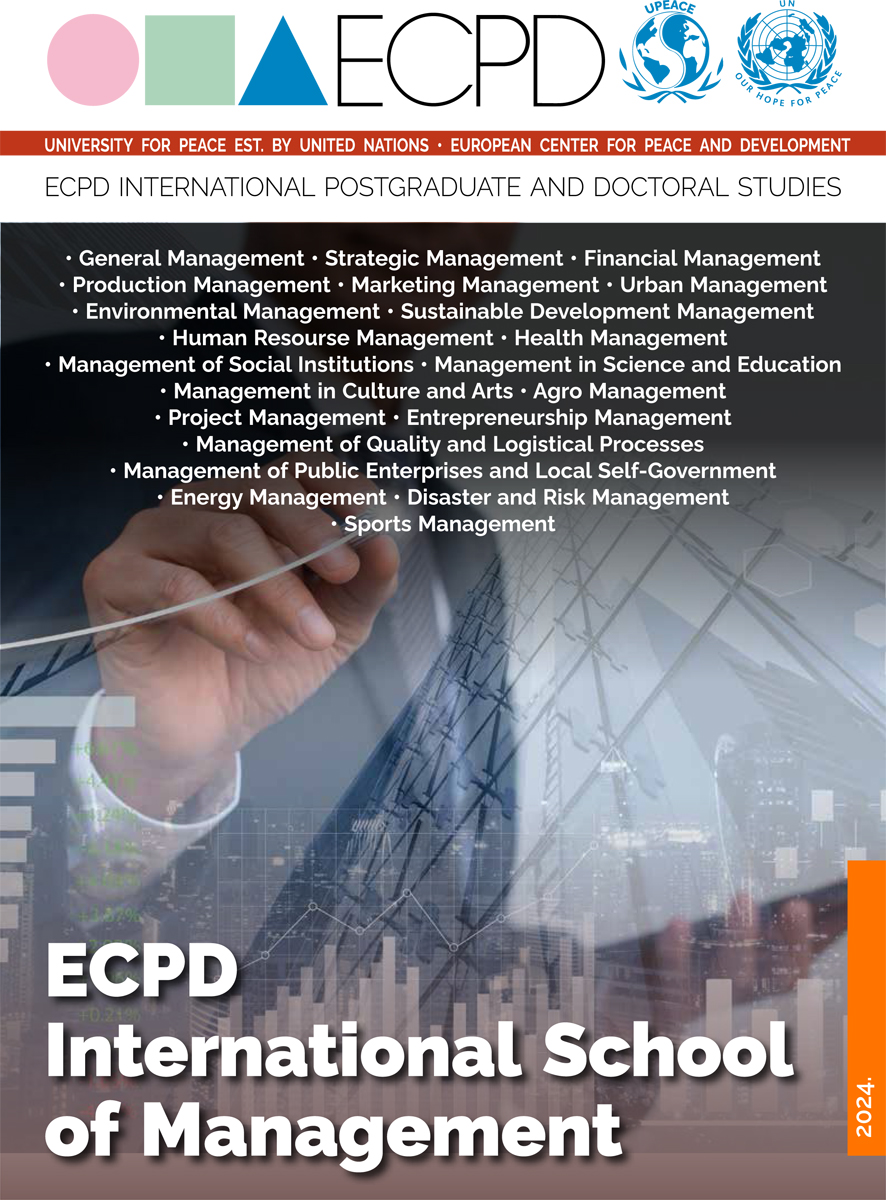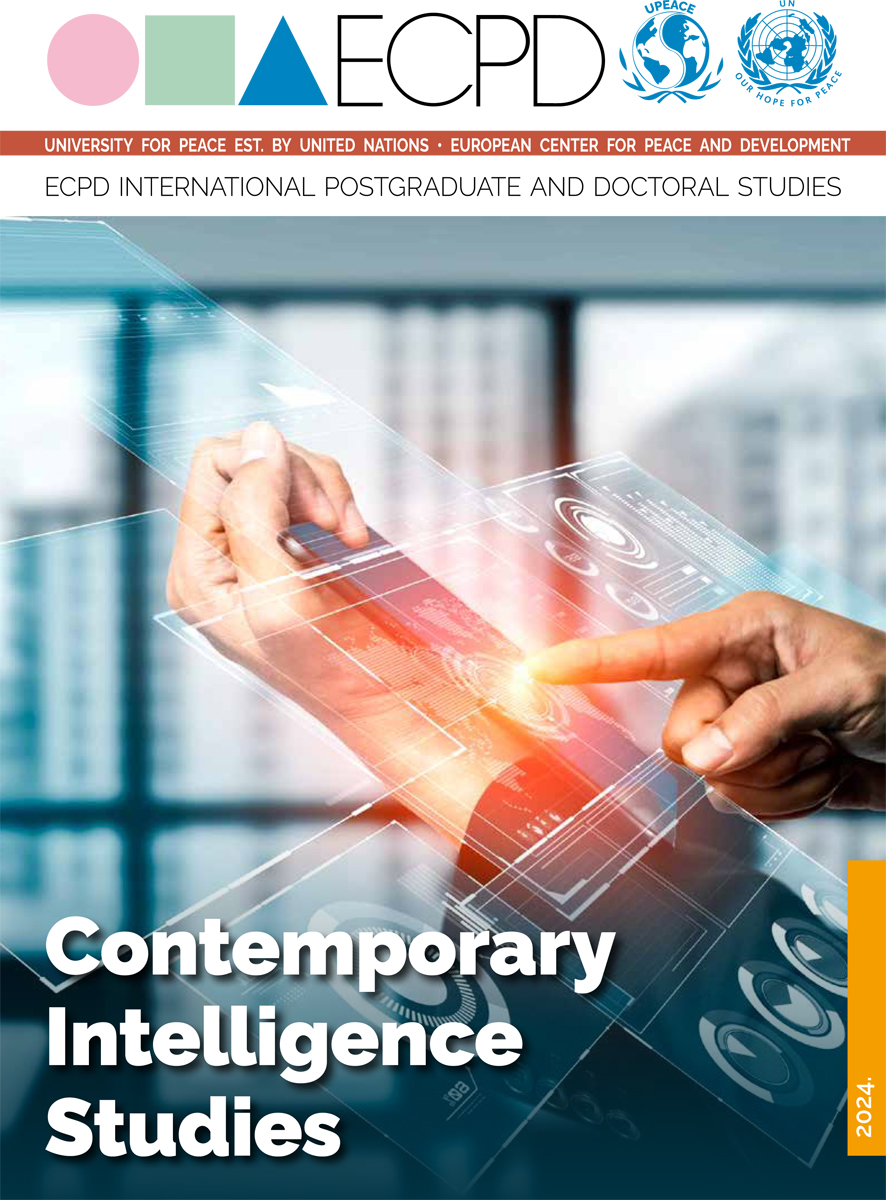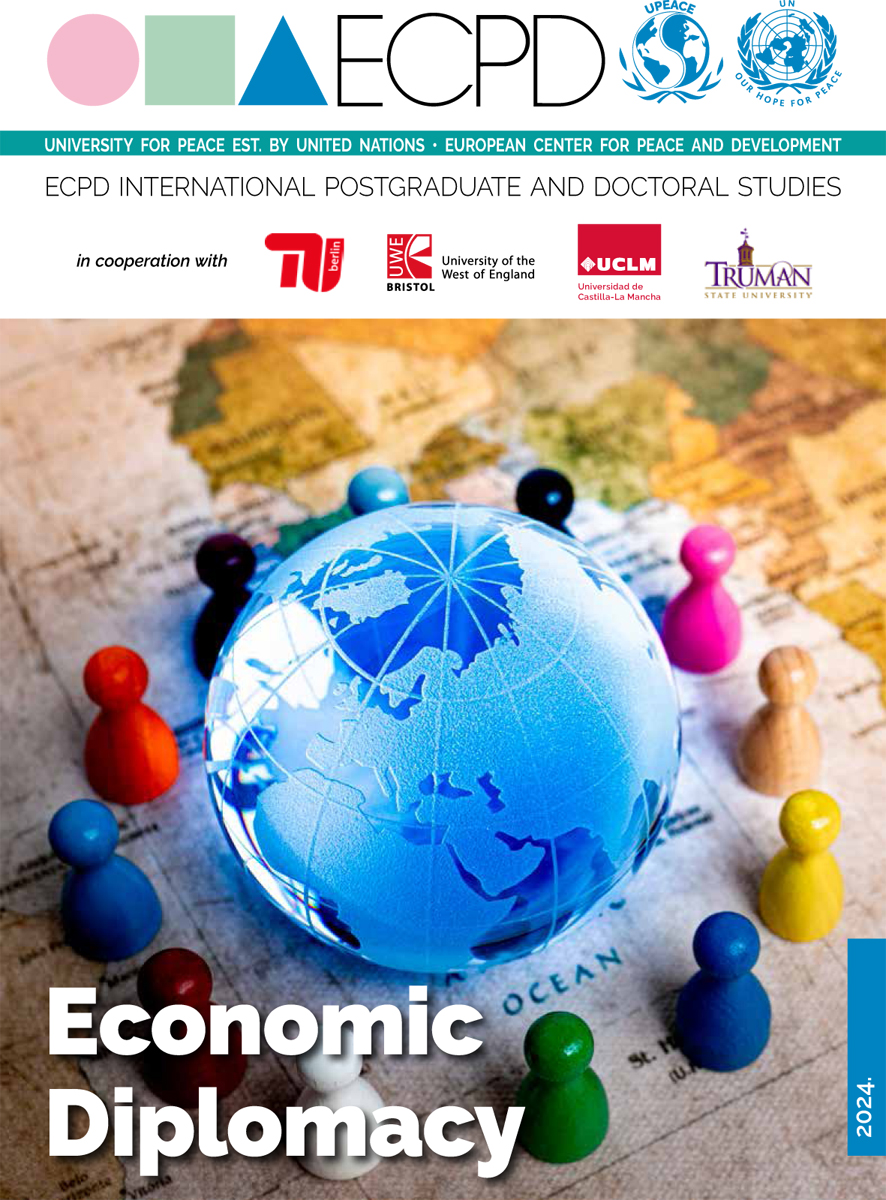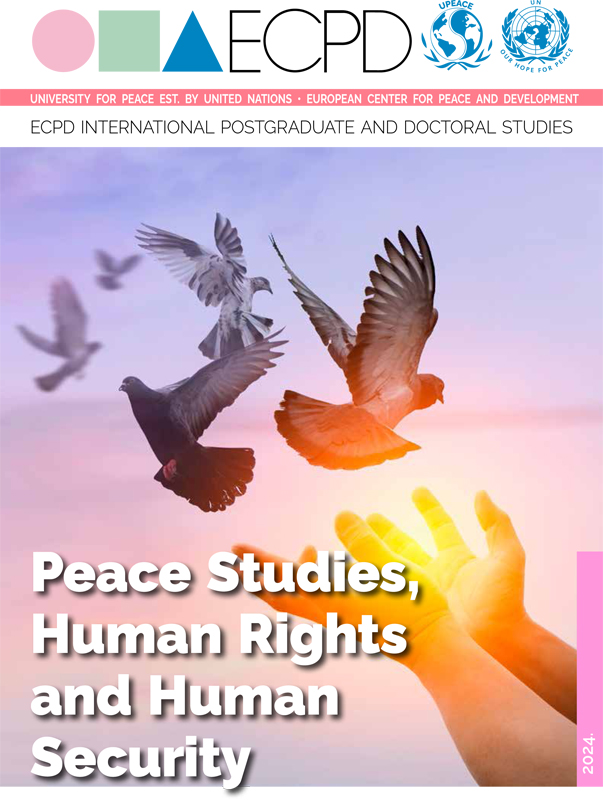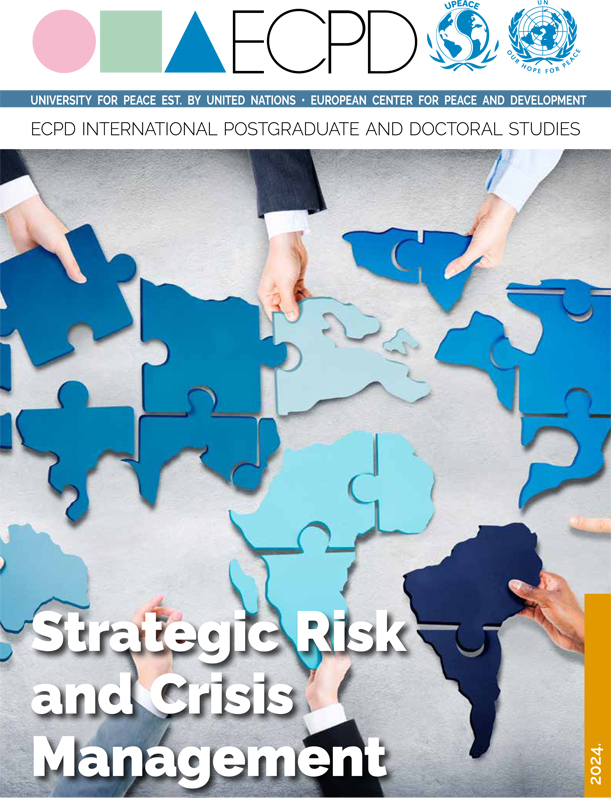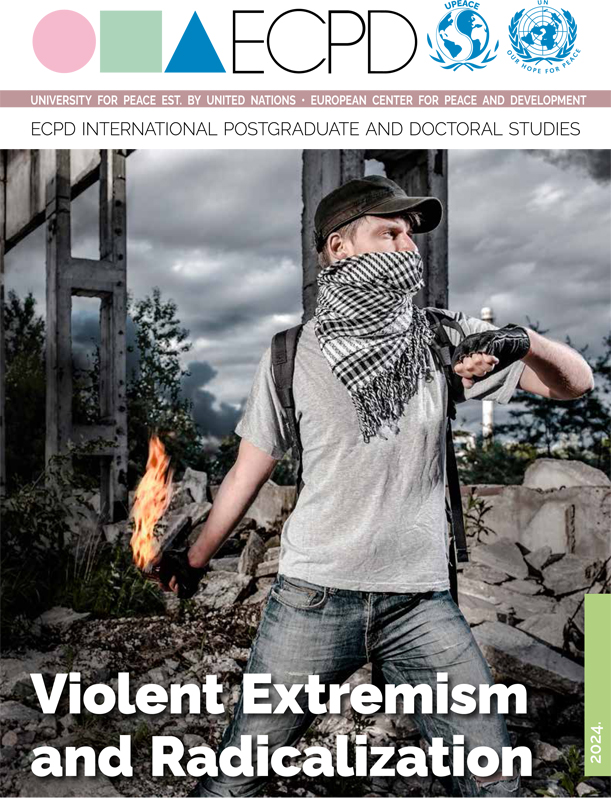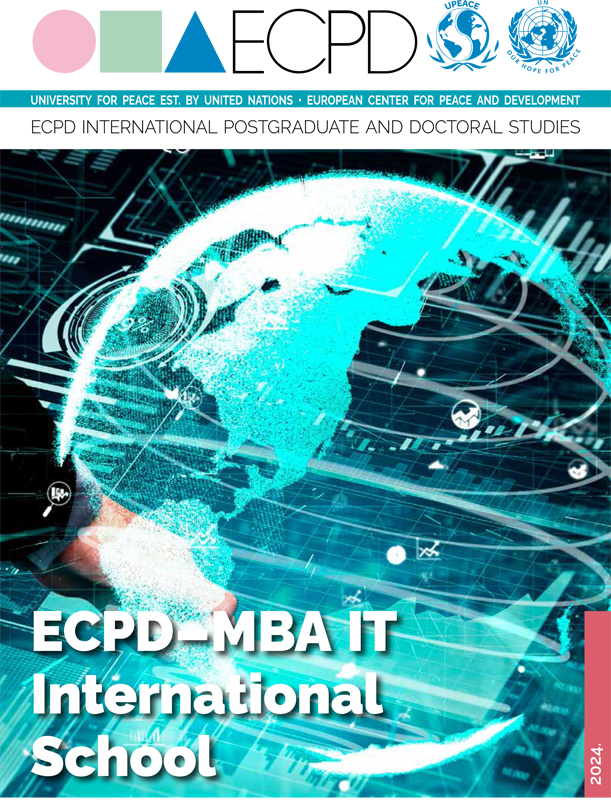The European Center for Peace and Development (ECPD) in its Middle-term Plan and Programme of work (2000 – 2005) introduced the project "THE BALKANS IN THE 21ST CENTURY – The Ways leading to Improvement of Peace, Development and Stability". Decision to include this Project in its Plan and Programme was made upon the following estimates: 1) unfavorable situation in the Balkans regarding peace and stability as well as economic and social development; 2) strong complementarity between the aims and objectives of the ECPD (to contribute to the peace, development and international cooperation) and the aims and objectives of the Project (to contribute to the improvement of the peace, development and stability in the Balkans); 3) the significant ECPD capacities in research and education, regarding solving the problems facing the Balkan countries.
The decision was made also upon the recently accepted ECPD strategy of focusing its activities towards Southeastern Europe and the Balkans as a part of it. The European Center for Peace and Development with its Headquarters in the very center of the Balkans, and as the single international organization in the region, has the best insights into the Balkan problems and respectful capacities in contributing to overcoming them.
Aims of the Project
Proceeding from the principles adopted by the United Nations (Agenda for Peace, 1992) that "without peace it is impossible to achieve sustainable development and without development there is no real peace", as well as from the actual situation in the Balkans, the European Center for Peace and Development (ECPD), initiates this Project with the aim to contribute to the improvement of peace and development as preconditions for stability of the Balkan countries, their mutual cooperation and integration in the regional organizations and in the international community in general.
Project Implementation
The above-mentioned aims of the Project call for undertaking various forms of activities and actions, including education for peace and development and research into current and chronic problems in the Balkans, as well as organizing consultative, scientific and other regional and international meetings. Publishing activities and other forms of knowledge transfer would be ab important part of activities in the project realization.
Forms of Realization
In the field of education priority in this Project is given to the following programmes:
· Education for peace in the Balkans;
· Education in the area of local and state governance (public affairs and public administration);
· Education in integral and sustainable development;
· Education in the European Union legislation and international relations;
· Education in general and specialized management.
Each of these areas of education for peace and development would be further elaborated and carried out as separate programmes and/or sub-projects.
In the field of ECPD research activity, priority is given to the following issues:
Acute and current threats to peace and stability in the Balkans and how they could be averted;
Sub-regional crisis and what ways and means should be used to prevent their escalation into deadly conflicts:
Acute and chronic problems of environment and sustainable development and how they could be resolved;
Health development: Improving Performance of Health System in the Balkans;
Research into the human development: Cultural, anthropological, social, demographic and other problems and the way of solving them;
Research and studies within this project's framework may also include other problems, which might be minor in volume terms but not in their significance.
Implementation of the Project requires holding a series of consultative and scientific (topical) meetings, to be attended by representatives of the Balkan countries and major regional and international organizations interested in the improvement of the Balkan's peace and development.
This Project should be considered as a major one under which umbrella, several minor projects or sub-projects arises. In that respect, the following projects, inter-alia, were developed:
· "Environment and Sustainable Development";
· "National Reconciliation, Ethnic and Religious Tolerance in the Balkans";
· "Education for Peace and Tolerance in the Balkans".

















